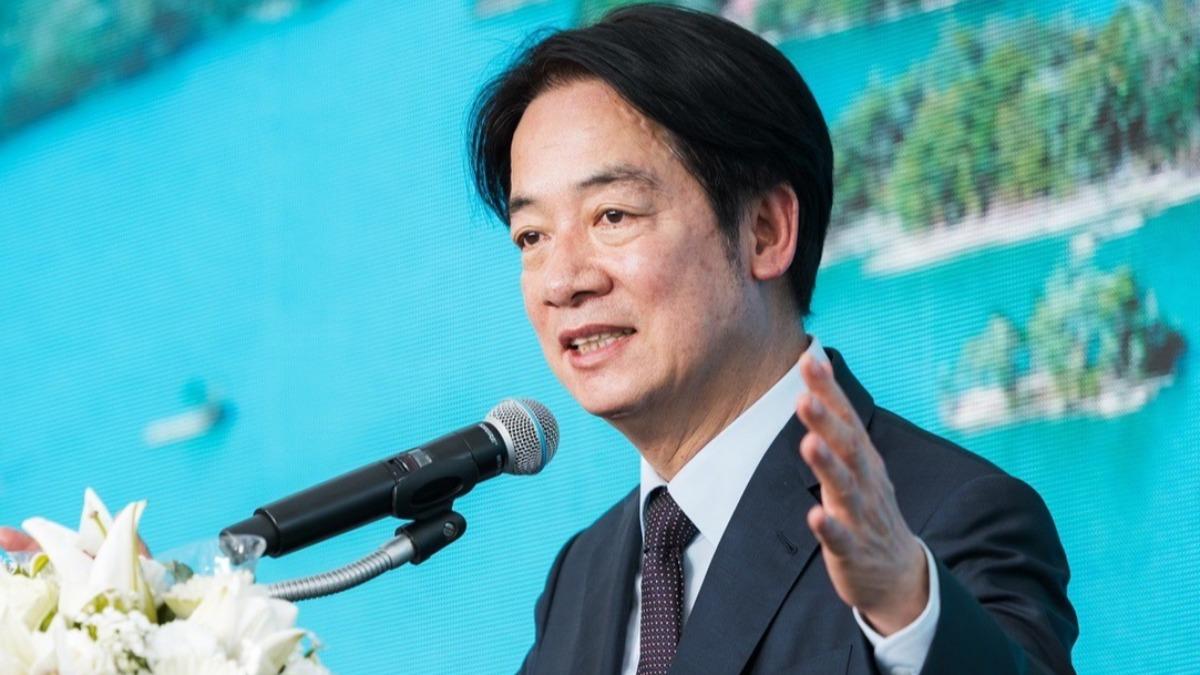TAIPEI (TVBS News) — Vice President Lai Ching-te (賴清德) emphasized the new cabinet's cross-party composition and the inclusion of many new officials and industry professionals during a joint committee of supervisors meeting with the Chinese National Federation of Industries on Wednesday (May 8).
Lai highlighted the government's hope for cooperation between the industry, government, and academia to foster development.
The President-elect outlined three main characteristics of the new cabinet: its cross-party nature, the predominance of new officials making up over 80% of its composition, and a significant proportion of members from the industry sector. This structure aims to enhance collaboration within the government to drive progress.
During the meeting, the new chairman of the Chinese National Federation of Industries, Pan Chun-jung (潘俊榮), proposed considering nuclear power as a clean, pollution-free, and cost-effective energy source. However, Lai did not directly respond to this suggestion.
Deputy Premier Cheng Wen-tsan (鄭文燦) later stated that the government would promote energy transformation without compromising power supply, focusing on a diverse energy mix and indicating that the nuclear power issue requires further discussion.
Lai also stressed the government's commitment to leveraging Taiwan's supply chain advantages, maintaining cross-strait peace and stability, signing bilateral trade agreements, and striving to join the Comprehensive and Progressive Agreement for Trans-Pacific Partnership (CPTPP). These efforts aim to enhance the resilience of Taiwan's economic development.
The new cabinet's approach, emphasizing cross-party collaboration, industry involvement, and strategic economic initiatives, signals a comprehensive plan to address Taiwan's current challenges and opportunities.



